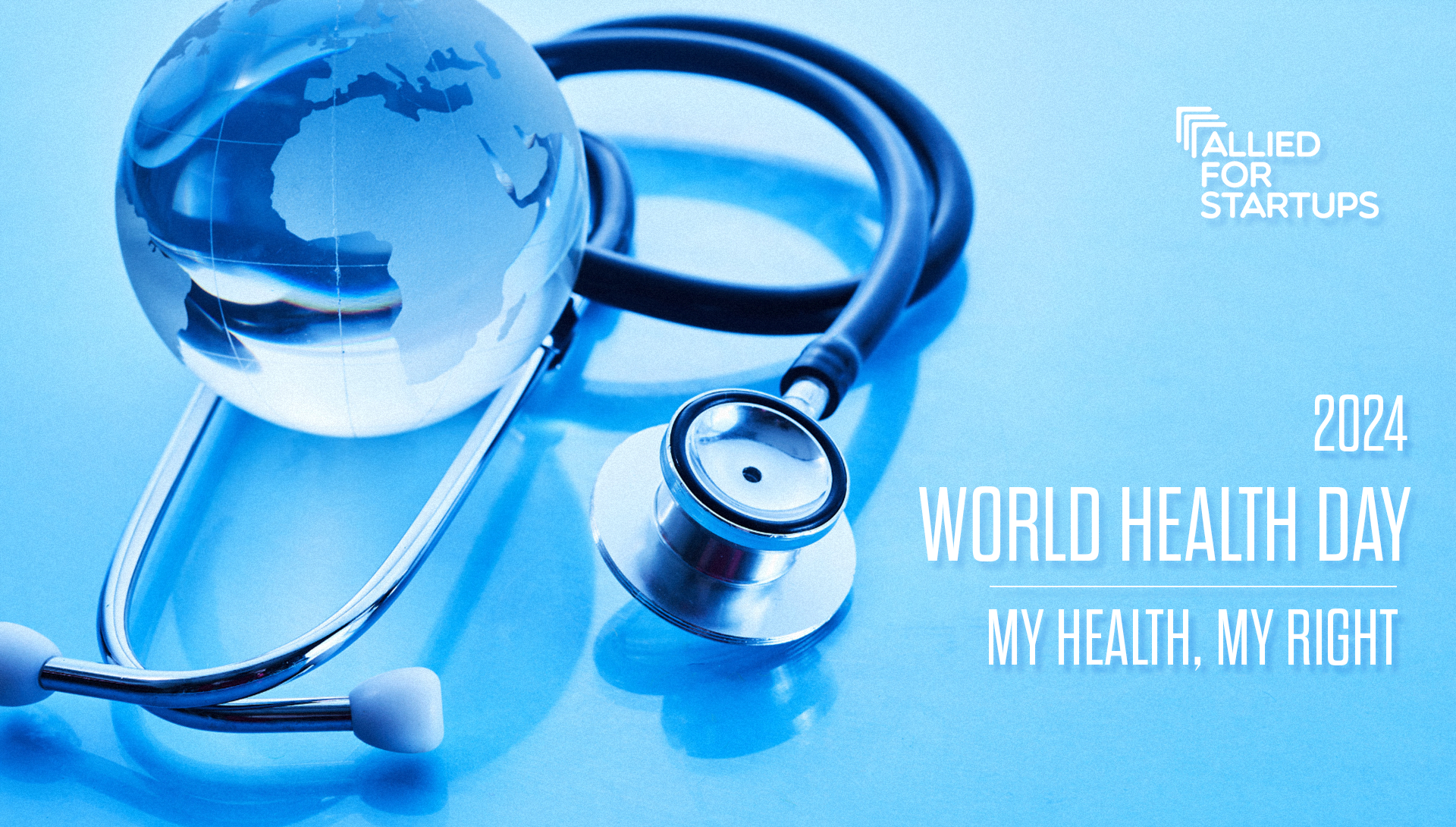Today, more than half of the world’s population still lacks access to essential health services, a very basic need, with the majority of households spending 10% of their households budget on healthcare, pushing millions into extreme poverty from out-of-pocket expenses. The digitalisation of health offers countless possibilities to democratise access to healthcare and delivery of basic medical provisions and services. Innovators and entrepreneurs are at the forefront of providing these solutions.
This year, on 7 April, the UN World Health Day will adopt its theme for the year as ‘My Health, My Right’. This initiative is a call to action for the global community, pushing for health as a fundamental human right, advocating for universal access to health services without financial hardship. The UN’s health rights this year include:
- Safe and quality care, without any discrimination;
- Privacy and confidentiality about health information;
- Information about treatment and informed consent; and
- Bodily autonomy and integrity.
In the lead-up to the UN Summit of the Future swiftly approaching on 22 to 23 September, it is time to push for a change in the future of our health! This Summit will present an opportunity to influence policy shifts and reinforce the global health objectives set forth by the Sustainable Development Goals (SDGs). With the world’s leaders in attendance, the stage is set to underscore the critical need for prioritising healthcare access and equity on a global scale.
The spotlight thus turns to the realm of innovation – championing the growth of health technology startups. These companies stand at the forefront of digital transformation, holding the potential to create effective and customised solutions to address medical challenges and enhance healthcare accessibility. Advancements in telemedicine, mobile health apps, and AI-driven diagnostics are bridging these gaps, making healthcare services not just a privilege but a right accessible to those even in the most remote regions.
Driven by personal experiences and community needs, many entrepreneurs today are deliberately focusing on unmet medical needs in marginalised communities, thus addressing the human rights aspects of health access. This not only caters to immediate health requirements, but also aligns with the European Union’s ambition to emerge as a global pioneer in the management and treatment of rare diseases. It’s a testament to the potential that startups have to revolutionise the healthcare landscape, steering us towards a future where health equity is not just an ideal, but a reality.
At Allied for Startups, we are deeply committed to the vision of leveraging HealthTech innovation to address critical health challenges across the globe. Do not forget to check out our latest Digital Health Manifesto – a strategic guide for both startups and innovators, setting forth a creative journey towards creating a stronger healthcare ecosystem!

